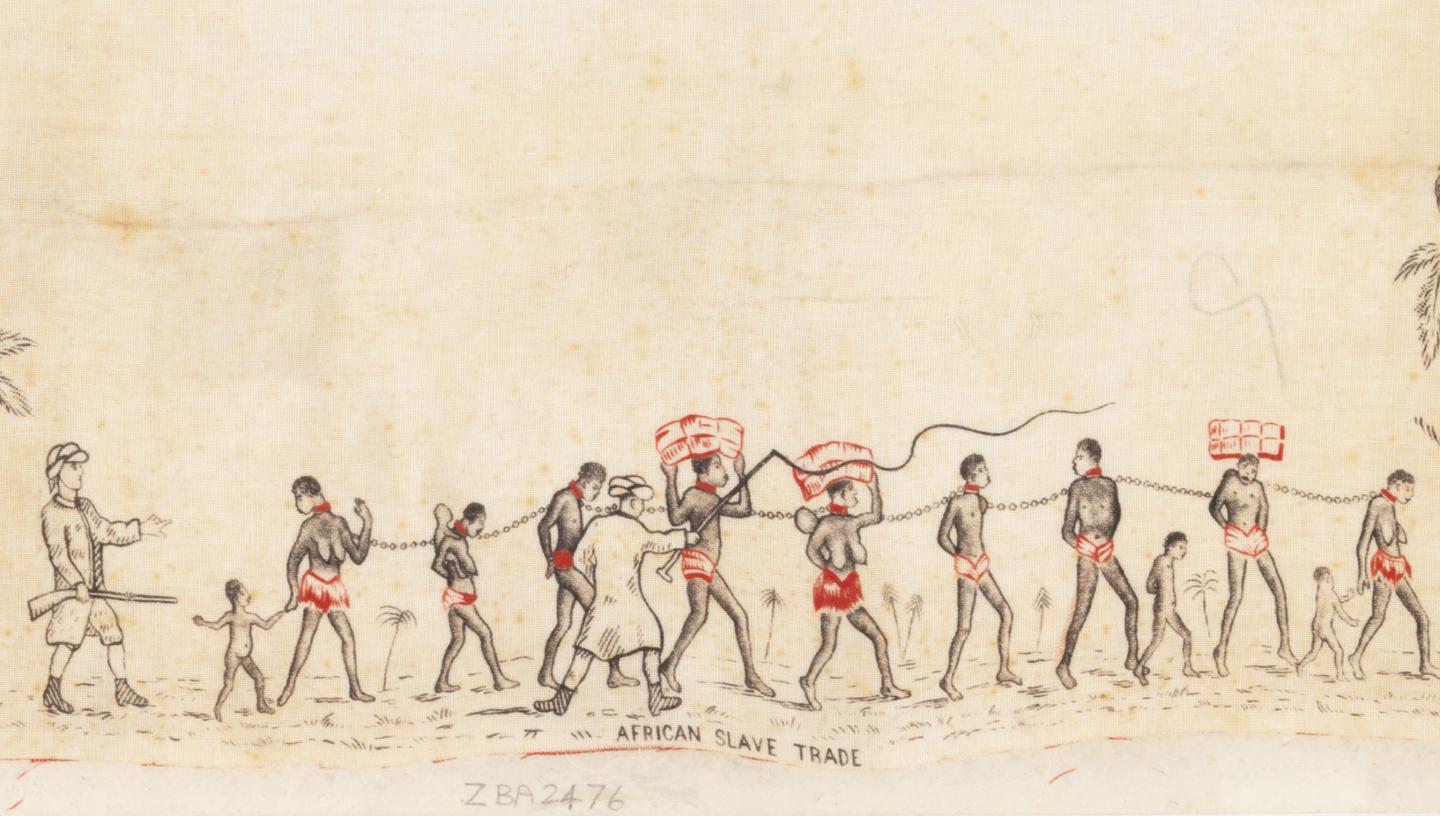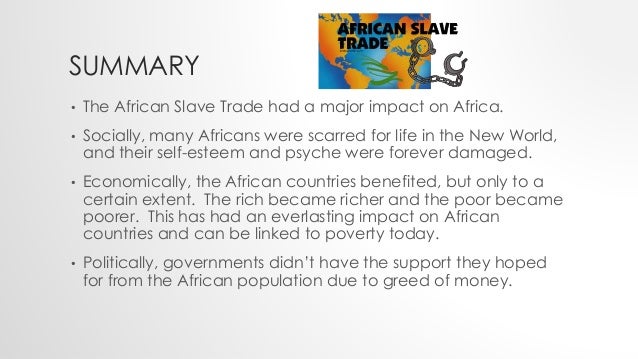The transatlantic slave trade marked one of the darkest chapters in human history, leaving an enduring legacy of pain, division, and lasting consequences on the African continent. The forced removal of millions of Africans to serve as slave labor in the Americas had a profound impact on the political, economic, and social fabric of Africa, leaving behind a trail of devastation that continues to resonate today.

Image: www.rmg.co.uk
The slave trade tore apart families, disrupted communities, and undermined traditional leadership structures. Captives were often marched hundreds or even thousands of miles to coastal trading posts, where they were subjected to unimaginable horrors before being crammed into ships bound for the Americas. This brutal displacement not only deprived Africa of its most valuable asset – its people – but also weakened its resistance to external threats, such as colonization.
Economic Consequences
The loss of so many productive individuals resulted in a significant decline in agricultural output, trade, and economic growth in Africa. The slave trade also disrupted traditional craft and manufacturing industries, as skilled artisans were taken captive and forced to labor in the plantations and mines of the New World.
The slave trade also fueled the rise of powerful coastal kingdoms, such as the Kingdom of Dahomey and the Ashanti Confederacy, which became actively involved in the capture and sale of slaves. However, this newfound wealth often came at the expense of the interior regions of Africa, which were destabilized by warfare and raiding.
Social and Cultural Impacts
The slave trade had a devastating impact on African societies. The loss of so many young people and women led to a decline in population growth and a disruption of traditional family structures. It also weakened social bonds, as communities were torn apart and traditions were lost.
Furthermore, the slave trade perpetuated negative stereotypes and prejudices about Africans, which were used to justify their enslavement and contributed to the ongoing racism and discrimination that plague the world today.
Political Consequences
The slave trade weakened African kingdoms and empires, making them more vulnerable to European conquest and colonization. The Europeans used their superior firepower to establish coastal trading posts and forts, which gradually grew into areas of influence and control.
The slave trade also exacerbated tensions and rivalries between different ethnic groups, as some were more heavily targeted for enslavement than others. This division and mistrust laid the groundwork for future conflict and ethnic violence.

Image: www.slideshare.net
Legacy and Impact on Modern Africa
The legacy of the slave trade continues to cast a long shadow over Africa. The continent’s economic underdevelopment, political instability, and social problems can all be traced back, in part, to the devastating effects of the slave trade.
In recent decades, there has been a growing movement to acknowledge the horrors of the slave trade and its enduring impact. Reparations for slavery have become a focal point for many activists, as well as efforts to promote reconciliation and healing between Africa and the descendants of those who enslaved its people.
Atlantic Slave Trade Impact On Africa
Conclusion
The Atlantic slave trade was a tragedy of immense proportions that left a profound and enduring impact on Africa. It uprooted millions of people, disrupted societies, and weakened economies. Its legacy continues to shape the continent today, making it all the more important for us to learn from the past and work towards a more just and equitable future for all.
By understanding the history and consequences of the slave trade, we can help to break down the walls of prejudice and division that it has erected, and we can work together to build a world where the dignity and humanity of all people are respected.






